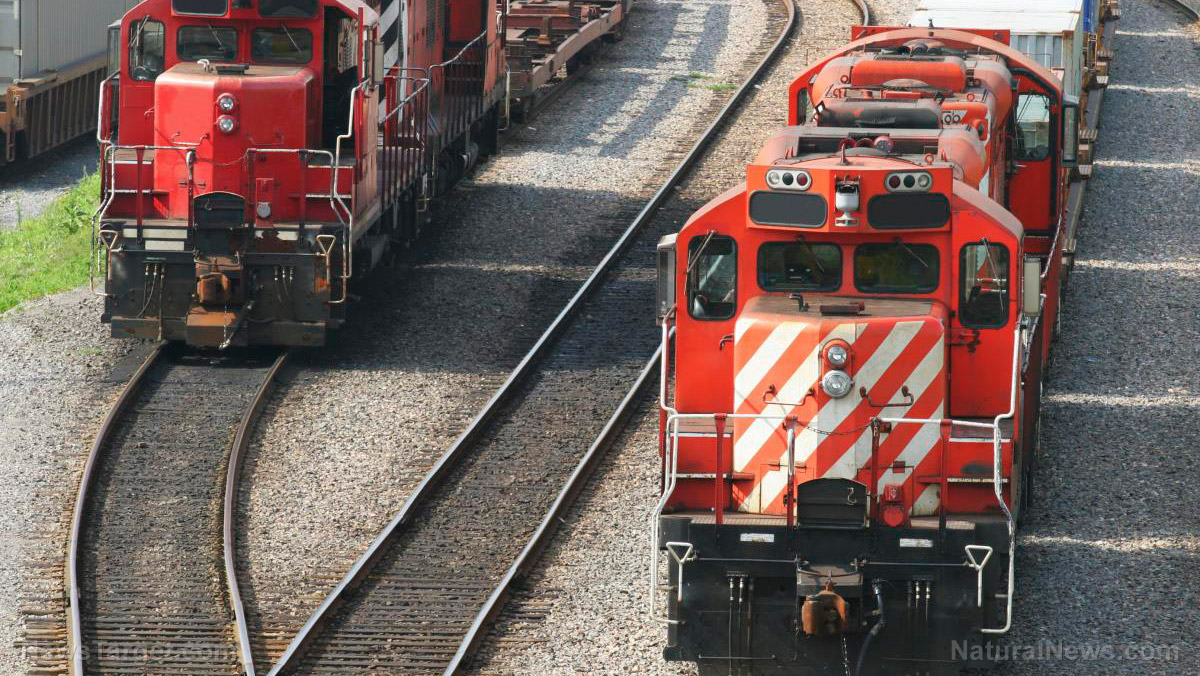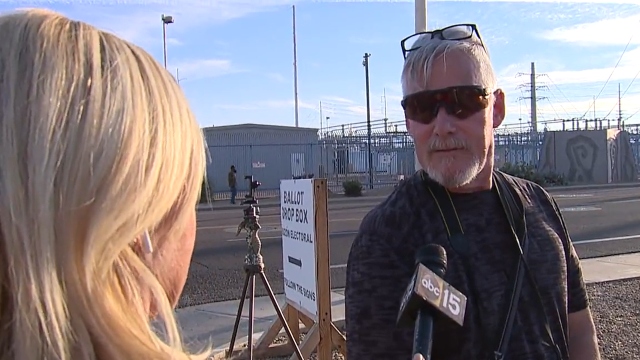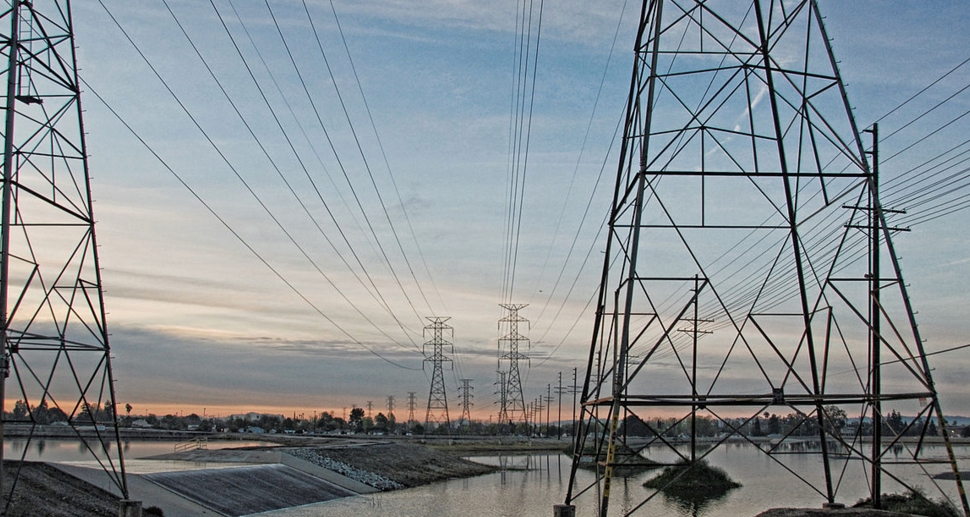Derailed negotiations: Massive railroad strike looms as second rail union rejects Biden administration offer
11/02/2022 / By Belle Carter

The railroad sector has suffered another serious blow as a second rail union rejected the Biden administration’s offer. The rejection also triggered worries of a possible massive railroad strike that could cripple the economy.
The Brotherhood of Railroad Signalmen (BRS) – which represents signalmen for freight, passenger and commuter railroads – recently turned down the Biden administration’s five-year deal. The union said nearly 61 percent of workers opposed the contract even though it included pay raises as high as 24 percent and up to $5,000 in bonuses.
According to BRS President Michael Baldwin, the railroad companies were not effective in bargaining with the government. He also blasted the recommendations of the board of arbiters, appointed by President Joe Biden himself, who denied workers the paid sick leave benefit.
“For the first time that I can remember, the BRS members voted not to ratify a National Agreement and with the highest participation rate in BRS history,” Baldwin said in a statement.
“I have expressed my disappointment throughout the process in the lack of good-faith bargaining on the part of the National Carriers Conference Committee (NCCC), as well as the part PEB 250 [the Presidential Advisory Board] played in denying BRS members the basic right of paid time off for illness. The NCCC and PEB also both failed to recognize the safety-sensitive and highly stressful job BRS members perform each day to keep the railroad running and supply chain flowing.”
This is the second rail union to reject a deal this month, following the Brotherhood of Maintenance of Way Employees Division of the Teamsters (BMWED), a union that represents track maintenance workers.
Yahoo News reported that unions said the railroads, including a couple that reported more than $1 billion in profits for the third quarter, can easily afford to offer paid sick time. The negotiations included CSX, Union Pacific, Norfolk Southern, BNSF and Kansas City Southern railroads.
Not willing to bend for the appealed working conditions and requests, the railroad system said the unions have agreed during decades of negotiations to forego paid sick leave in favor of higher wages and more generous short-term disability benefits that kick in after four days of absence and continue up to a year. They also refused to offer workers much more than what the Presidential Emergency Board of arbitrators recommended. The board reportedly rejected the unions’ appeal for paid sick time in favor of recommending the largest wage increases in more than four decades.
No immediate threat in the railroad transportation sector, Jean-Pierre says
Despite the development, White House Press Secretary Karine Jean-Pierre insisted that the economy is “under no immediate threat.” The press secretary’s confidence may have come from the fact that six smaller labor groups already approved their deals.
According to Jean-Pierre, Biden’s administration is ready to take the appropriate steps to ensure the rail system continues to function. But she declined to comment on whether the president would personally get involved in the negotiations between the rail companies and unions like he did last month ahead of the initial strike deadline.
Initially assuming that BMWED accepted the contract, Biden declared it a win during his September 15 speech in the Rose Garden. “Today is a win – and I mean it sincerely – a win for America,” he said “This agreement is validation – validation of what I’ve always believed: Unions and management can work together for the benefit of everyone.”
But since BMWED, one of the largest unions, declined its proposed contract because workers were concerned about the lack of paid sick time, the “walkout” concerns sprung up. Moreover, the two biggest unions representing conductors and engineers, who are most affected by the railroad demanding schedules, delayed their announcement of votes to mid-November. (Related: Biden’s railroad union deal COLLAPSES; freight rail workers ready to strike.)
The 12 rail unions represent 115,000 workers nationwide, who would have to approve contracts with the railroads to prevent a strike.
Meanwhile, unions that rejected their deals agreed to return to the bargaining table and continue talks at least through Nov. 19. And if both sides could still not compromise on new contracts, Congress may step in to block a strike and impose terms on workers.
For more updates, visit SupplyChainWarning.com.
Watch the below video where financial program host Larry Kudlow said the railroad strike “will make everything worse.”
This video is from the NewsClips channel on Brighteon.com.
More related stories:
First railroad union votes to STRIKE as negotiations deadline looms.
Possible nationwide rail strike now 30-60 days away – right at harvest time.
Sources include:
Submit a correction >>
Tagged Under:
big government, Brotherhood of Railroad Signalmen, chaos, enslaved, freight, Joe Biden, labor union, paid sick leaves, railroad workers, Resist, revolt, strike, unions, uprising, White House, working conditions
This article may contain statements that reflect the opinion of the author
RECENT NEWS & ARTICLES
COPYRIGHT © 2017 RESIST NEWS




















